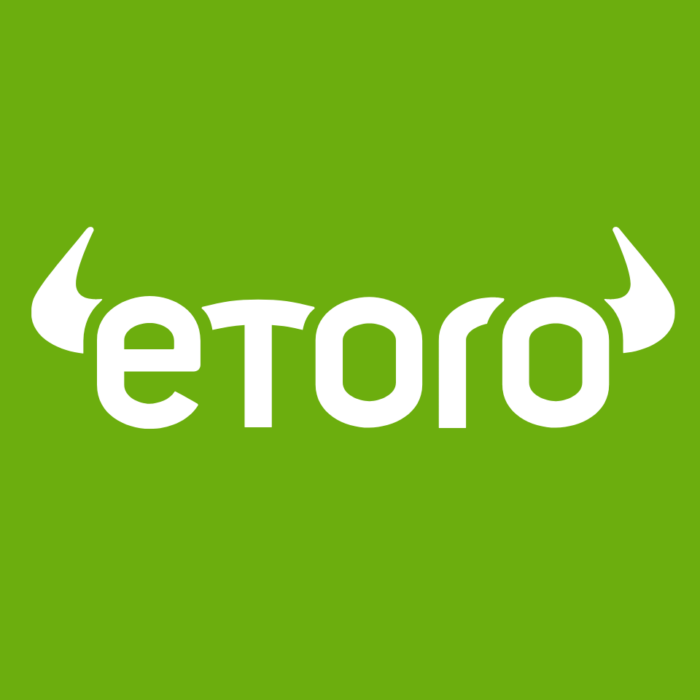In a move signaling its deeper commitment to financial innovation and user monetization, multi-asset brokerage eToro has rolled out a stock lending program for its UK and European clients. The initiative, launched today, marks eToro’s entry into a revenue-sharing domain that has historically been the preserve of institutional players.
The program, initially open to eToro Club members in the Platinum, Platinum+, and Diamond tiers, allows eligible investors to generate passive income by lending out their fully owned equities. By doing so, eToro joins a growing cohort of fintech platforms—such as Robinhood—that are pushing the boundaries of traditional retail investing by integrating capital markets infrastructure into consumer platforms.
Strategic Positioning
eToro’s stock lending feature is designed not only to enhance investor returns but also to fortify its broader product ecosystem with an income-generating tool. The brokerage will split net revenues from lending activities 50/50 with participating users, providing a novel way for retail investors to tap into institutional-style yield mechanisms.
“Retail investors are increasingly sophisticated and are seeking more than just capital appreciation. They want cash flow, and they want access to tools that were once locked away behind institutional doors,” said an eToro spokesperson. “This program levels the playing field.”
Participation is strictly opt-in, reinforcing the platform’s transparency commitment. Once enrolled, an investor’s portfolio of eligible, whole-share, “real” stock positions will be made available for lending. Contracts for Difference (CFDs) and fractional shares are excluded.
Lent securities are temporarily transferred to third-party borrowers, which means users relinquish voting rights during the lending period. However, they continue to receive dividends and can sell their shares or exit the program without penalty at any time.
Risk and Compliance Oversight
Although the proposition is attractive, it is not without caveats. Market demand for specific securities will determine the income potential, and there are inherent settlement risks should borrowers default—though eToro is expected to mitigate such risks via industry-standard collateralization protocols and operational oversight.
The move also invites scrutiny from compliance officers and institutional partners evaluating counterparty exposure, securities handling, and retail investor protection mechanisms. To that end, eToro has published a detailed risk disclosure and is providing educational support to all program participants.
This strategic product expansion may have ripple effects across the online brokerage landscape, particularly in Europe where stock lending programs are less commonly integrated at the retail level. For fintechs and neobrokers, the launch underscores the growing importance of ancillary revenue streams in maintaining competitive margins amid fee compression.
